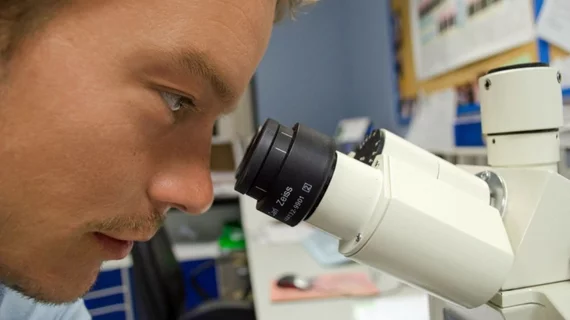EHRs, like microscopes, might require physicians to change perspective
Lloyd B. Minor, the dead of Stanford University School of Medicine, equated problems harnessing the positives of EHR with the microscope. It took 70 years for that game-changing tool to lead to scientific breakthroughs—a delay that might have to do as much with the user as the instrument itself.
Microscope historian Clara Sue Ball ties this delay to quality difficulties and scientists’ inability to fully comprehend the instrument’s potential.
“Ball’s hypothesis reminds me of the current state of electronic health records (EHRs),” Minor wrote in Fortune. Today, EHRs digitally document nearly all patient care delivered in the United States. This achievement should be accelerating an era of data-driven medicine. Yet, after a decade of widespread use and an immense volume of data gathered, modern EHRs have yet to deliver on their potential.”
He argues physicians need to rethink how they interface with EHRs—that they should “should resist the temptation to solely focus on the technology behind these systems.”
Read Minor’s full remarks at the link below:

